To date over 1,200 Scholars from the UK have benefited from Jack Maclean’s proposal to Lord Nuffield and his Foundation, that scholarships should encourage the advancement of agriculture. Here’s our history…
It all started in 1877...
The Nuffield name and emblem, a bull riding a bicycle, both derive from the late Lord Nuffield. Born in 1877, near Worcester, William Richard Morris was a grandson of a farmer.
His journey began when he lived and worked in Oxford. He started by repairing Oxford graduates’ bicycles, then he progressed to making his own newer models. Inspired by the success of this business and embracing the developments being made in motoring technology, he then set up a motor car business.
Morris realised at an early stage in his business development that he should seek best practice in this new industry. He travelled to the emerging motor capital of Detroit to understand how the Americans were able to produce reliable cars that could undercut the price of those produced in Britain.
He successfully took on Henry Ford with a new car, the Morris Cowley, mass produced on American principles. Morris continued to travel, seeking new ideas and markets. Recognising the value of travel and study, he also sent his key employees out into the world to develop themselves and introduce new concepts to his business.
Financial success brought William Morris social recognition; he was a chronic hypochondriac and conscious of his lack of education, eager to support the research of eminent physicians and gave generously to Oxford University, whose graduates had first brought him cycles and cars to mend. As a leading industrialist and philanthropist, he was ennobled as Lord Nuffield. It is estimated that during his lifetime he was able to give away more than £30,000,000.
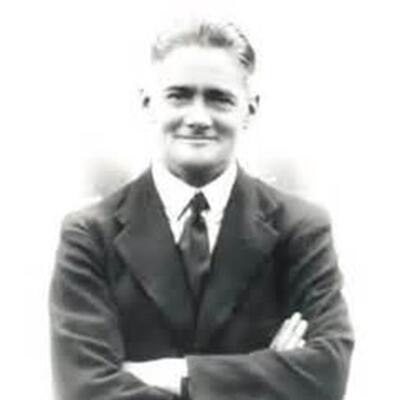
Lord Nuffield established the Nuffield Foundation for “the advancement of health and social well-being and the care and comfort of the aged poor”. It was directed solely towards health issues of the UK population in general and did not extend to agriculture at this stage.
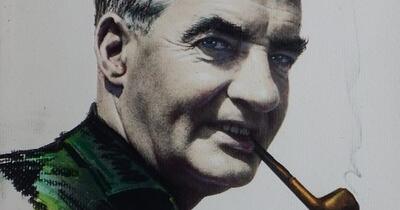
Encouraged by Jack Maclean, Vice President of the NFU until 1960, these objectives had been widened to include agricultural advancement. Jack McClean suggested that perhaps the Nuffield Foundation might sponsor travelling scholarships for established farmers and growers, who had made such a significant contribution to the expansion of food production during the war. Lord Nuffield agreed, although what motivated him was that a good and plentiful food supply was a necessary prerequisite to promote the nation’s health.
The Trustees chose their first Nuffield Farming Scholars, restricted to candidates from England and Wales, Jane Kenyon, John Rowsell and Edward Stokes and briefed them to search out and bring back to farmers in the UK details of good and innovative agricultural husbandry, from different parts of the globe. The scheme was known as “Nuffield Travelling Scholarships for Farmers of the UK”
Applications for these Scholarships now extended to candidates from Scotland and Northern Ireland
By 1956, the number of Scholars had increased to eight each year. Nuffield Foundation decreed that the farming industry itself must finance future Scholarships in the UK. The challenge was taken up by the four NFUs, the Milk Marketing Board, the Hops Marketing Board and a few other agricultural bodies. A Management Council was created under the chairmanship of Jack McClean, consisting of representatives of fund-providing organisations.
The Foundation said it could no longer administer the Scholarships. A new Trust was formed, “The UK Farming Scholarships Trust” and four Trustees were appointed: Jack McClean as Chairman, Sir Richard Trehane (Chairman of the Milk Marketing Board), Commander Latham (Worshipful Company of Clothworkers) and John Stewart NSch. A modest grant was still received from the Foundation. Money was raised and special awards offered.
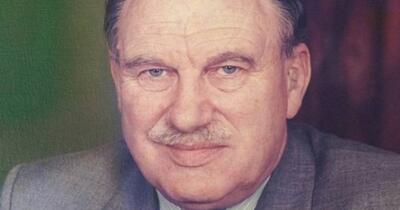
Jack McClean, who had suggested the concept of agricultural scholarships way back in 1947, resigned for health reasons from the chairmanship of the UKFST Management Council. He was succeeded by John Cyster (NSch 1960) - the first Scholar to chair the Management Council and John Stewart (NSch 1963, pictured above) became Secretary of the new UKFST Management Council.
The (UK) National Scholars’ Association was formed and held its first Winter Conference in London during Smithfield week. Wives/partners were invited.
First Scholar Directory (including both UK and Overseas) compiled and published by the UK.
His Royal Highness The Duke of Gloucester KG GCVO became Patron of the Trust
The Trust changed its name to “The Nuffield Farming Scholarships Trust” to recognise and honour its illustrious benefactor

Stephen Bullock (NSch 1976) appointed as Director of NFST (UK). For the first year he operated in parallel with John Stewart. John Stewart resigned in 1989.
Nuffield Farming Scholarships Trust could now fund only a minority of the Scholarships from its own finances. Six major new sponsors for Scholarships were found. Also, the first Nuffield UK website was produced.
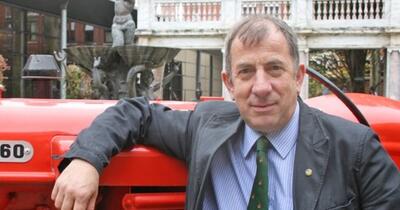
Steven Bullock resigned and John Stones (NSch 1988) took over as UK Director – they worked in parallel for a year.
The UK Farming Scholarships Trust registered as a Company Limited by Guarantee and a registered charity. The former Executive was replaced by an NFST Board of Trustees. An overarching body was formed including the Patron, a number of Vice Presidents and the Director of the Trust.
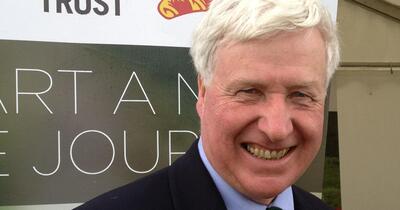
John Stones resigned as UK director and Mike Vacher (first non-NSch director) took over
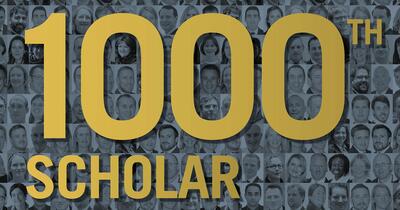
Celebration of the year of the 1000th Scholar
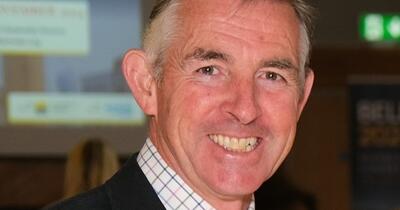
Rupert Alers-Hankey takes over as the UK Director from Mike Vacher